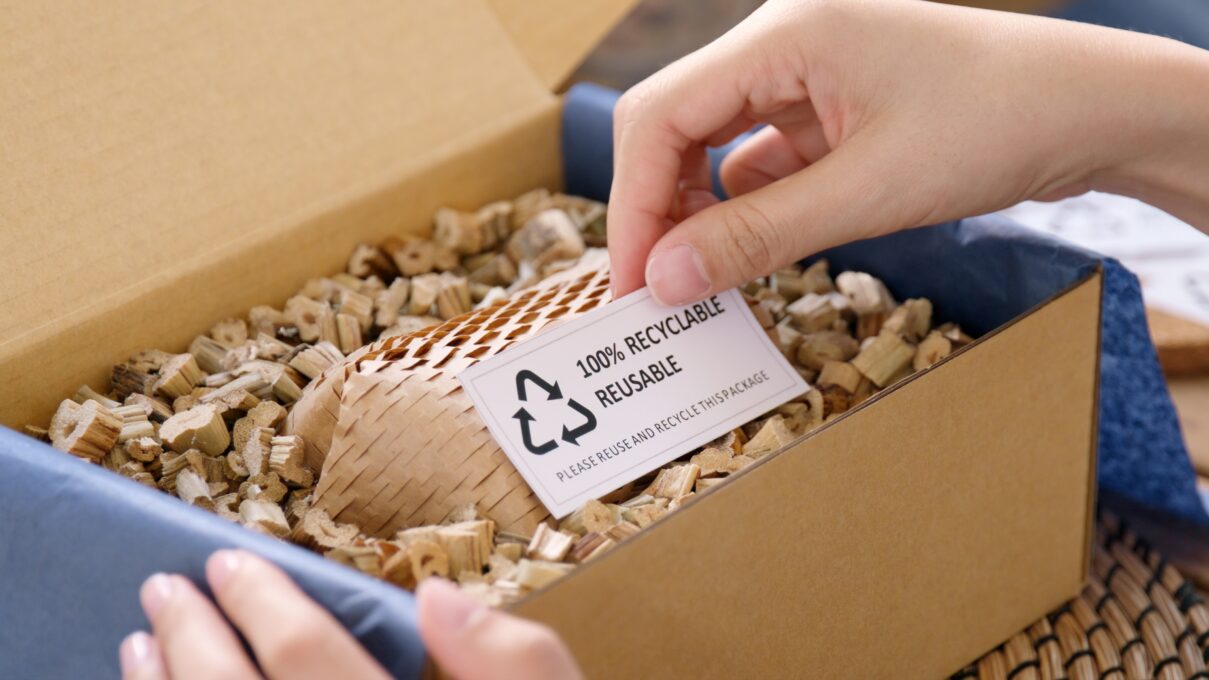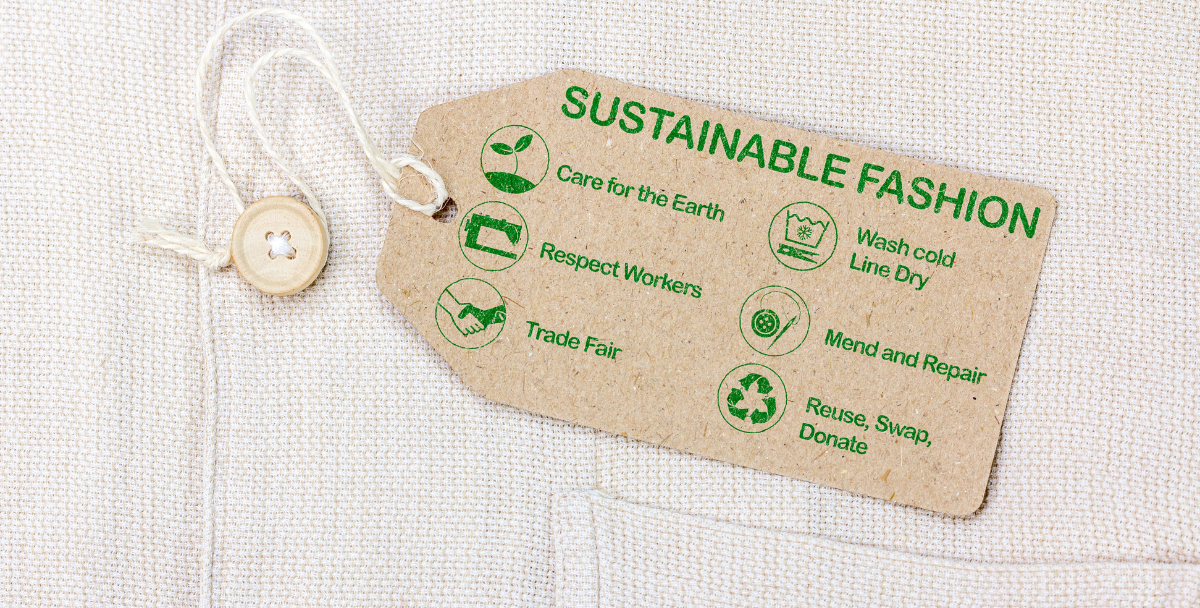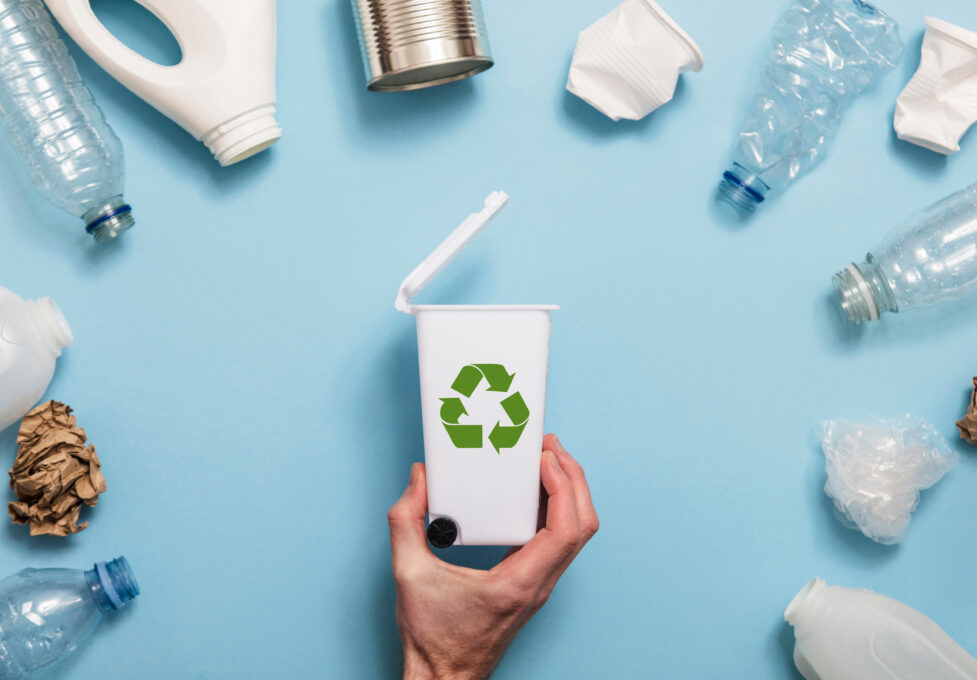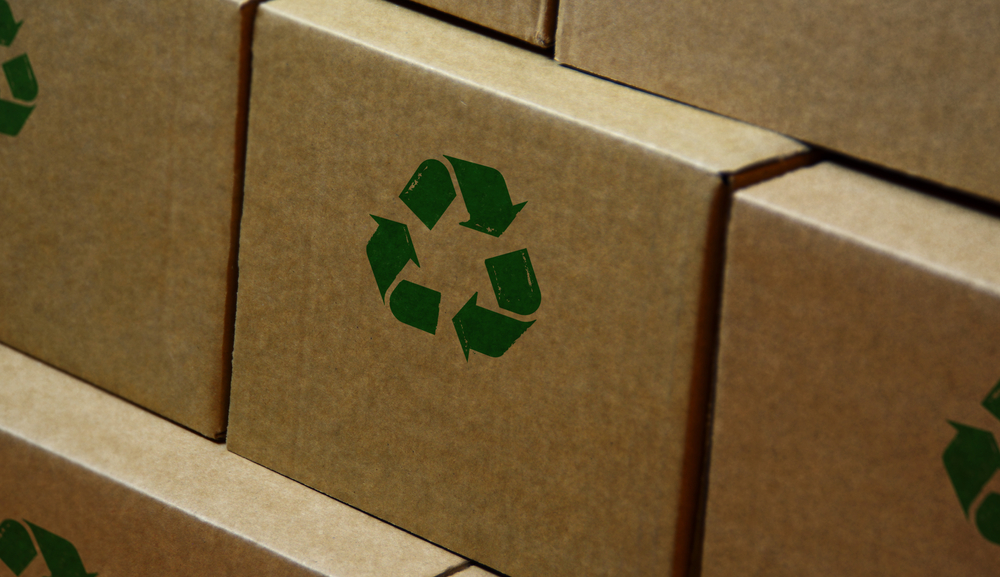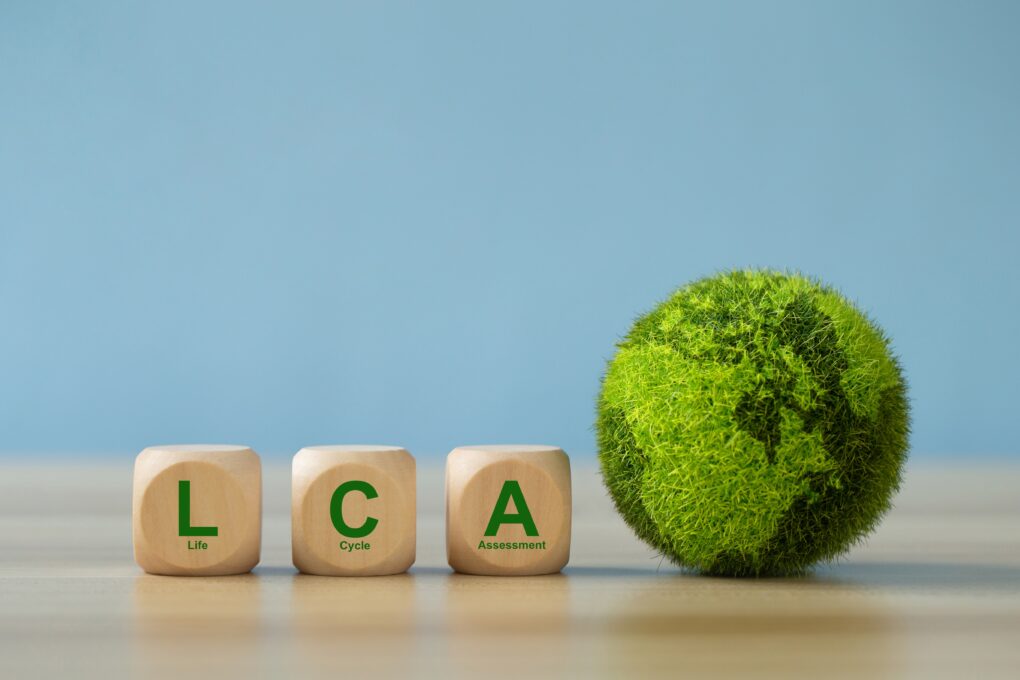What is the EU doing to implement green washing regulations?

Everyone wants to be seen as green these days. But with so many claiming to be green, it’s easy to get lost. Can we really trust all companies that claim so? That’s where green washing regulations come in: a tool designed to protect consumers from misleading claims and ensure transparency.
That’s why we want to provide you with an overview of what greenwashing is, why it’s important to regulate it, and how the new regulations can impact your business.
What is greenwashing?
Let’s begin with the basics: greenwashing refers to the practice of making false or misleading claims about the environmental benefits of a product, service, or company. Essentially, companies engage in greenwashing when they give the impression that they are more environmentally responsible than they actually are. This deceptive practice misleads consumers, but also creates unfair competition in the marketplace.
The European Union aims to put an end to greenwashing and provide more information to consumers about the durability of the products they buy. Recent green washing regulations aim to protect consumers from deceptive claims and ensure that companies are held accountable for their sustainability promises. These regulations seek to provide transparency and foster trust between businesses and their customers.
Why are green washing regulations important?
The impact of greenwashing goes beyond misleading consumers. It can lead to a lack of trust in genuinely sustainable brands, ultimately slowing progress toward true environmental protection. The goal of green washing regulations is to create a level playing field where companies that genuinely invest in sustainability are not overshadowed by those who merely claim to do so without substantial proof.
The European Parliament’s updated rules are also instrumental in achieving broader environmental goals, such as promoting a circular economy where materials are reused and recycled. For this to be effective, consumers must trust the environmental claims they encounter, and that starts with businesses offering clear, honest marketing backed by verifiable data.
What are the key aspects of green washing regulations?
Recent regulations introduced by the European Union aim to curb greenwashing by setting strict guidelines for environmental claims. Here are some key components:
Banning generic environmental claims
Have you come across all types of products with terms like “eco-friendly,” “natural,” or “environmentally-friendly” on their label? These can no longer be used without clear, verifiable proof. Any claims about a product’s sustainability must be backed up by evidence that is transparent and easily accessible. This requirement is crucial to prevent the misuse of these common terms, which are often used ambiguously. Companies must provide reliable documentation that validates their environmental claims, ensuring consumers can trust the information they receive. The EU aims to increase transparency, foster consumer confidence, and encourage genuine sustainability efforts across industries.
Restrictions on carbon neutral claims
Claims that a product has a “neutral,” “reduced,” or “positive” impact on the environment due to emissions offsetting must be substantiated with solid evidence and verified by independent bodies. This means that companies need to provide accurate and transparent data regarding their emissions, including how offsetting projects are implemented, monitored, and their overall effectiveness. This is crucial because independent verification ensures that these claims are trustworthy and align with recognized environmental standards, thus reducing the risk of misleading consumers.
Certification requirements
Sustainability labels must be based on approved certification schemes or established by public authorities. Thanks to this, consumers distinguish between genuinely sustainable products and those that are simply labeled as such without proof. Relying on certifications from recognized authorities enables consumers to have confidence in the environmental credentials of the products they purchase. This added level of scrutiny aims to eliminate false or misleading claims, allowing companies with truly sustainable practices to gain a competitive advantage. Businesses are therefore encouraged to undergo proper certification processes to align their products with these verified standards.
Product durability claims
The EU wants to ensure that consumers are fully informed about the guarantee period for products. That’s why claims about product durability, longevity, or repairability must be proven and supported by verifiable data. Misleading durability claims are banned, including advertising goods as repairable when they are not. This regulation emphasizes the need for transparency in product marketing, requiring companies to provide accurate information regarding how long a product will last under normal conditions, its repair potential, and associated costs. Enforcing these standards means the Eu can build consumer confidence and ensure that products marketed as durable truly meet those expectations.
Implementation of green washing regulations
For businesses, compliance with green washing regulations requires an internal review of marketing practices and product claims:
- Audit environmental claims: assess all current claims made about products, services, and overall company practices. Ensure that all environmental statements are supported by verifiable data and are in line with the latest guidelines.
- Obtain certifications: make sure that any sustainability labels are backed by a recognized certification scheme. This builds consumer trust but also protects against regulatory penalties.
- Employee training: educate marketing and sales teams on the latest regulations to prevent any inadvertent greenwashing. A well-informed team is key to ensuring that all communications are accurate and compliant.
Differences between green washing regulations in the EU and US
While the European Union has implemented comprehensive greenwashing regulations, the approach in the United States is somewhat different. The Federal Trade Commission (FTC) has guidelines known as the Green Guides, which help companies understand how to make accurate environmental claims. These guidelines, while effective, are not as prescriptive as the EU regulations and leave more room for interpretation. However, enforcement is increasing as consumer awareness grows.
Challenges in complying with green washing regulations
Many businesses find compliance challenging due to the evolving nature of these regulations. Here are some common obstacles:
- Complexity of claims: proving the environmental impact of a product often involves complex supply chains and sourcing methods, making it difficult to gather the required data.
- Certification costs: obtaining certifications can be expensive, particularly for small businesses. However, the cost is often justified by the increased consumer trust and market credibility that comes with verified sustainability.
- Keeping up with changes: green washing regulations are still evolving, and staying updated with new requirements can be time-consuming. Partnering with experts can help ensure that your company remains compliant.
FAQs on green washing regulations
- How do green washing regulations affect my business? Green washing regulations require companies to provide accurate and verifiable environmental claims about their products or services, ensuring that misleading information is not used in marketing. This impacts businesses by complying with strict guidelines, obtaining proper certifications, and avoiding penalties for non-compliance.
- What are the penalties for greenwashing? Penalties can vary by jurisdiction but may include fines, public reprimands, or bans on advertising misleading products.
- How can my company avoid greenwashing? Ensure that all sustainability claims are backed by credible data, obtain recognized certifications, and educate your marketing team on compliance requirements.
Tackling regulations for a greener future
Understanding and complying with green washing regulations is essential for businesses looking to maintain consumer trust and contribute to genuine environmental progress. The European Union has made significant strides in banning misleading claims, enforcing transparency, and promoting product durability.
Source: All the information contained in this article has been taken from European Parliament. (2024, January 11). Stopping greenwashing: How the EU regulates green claims.

